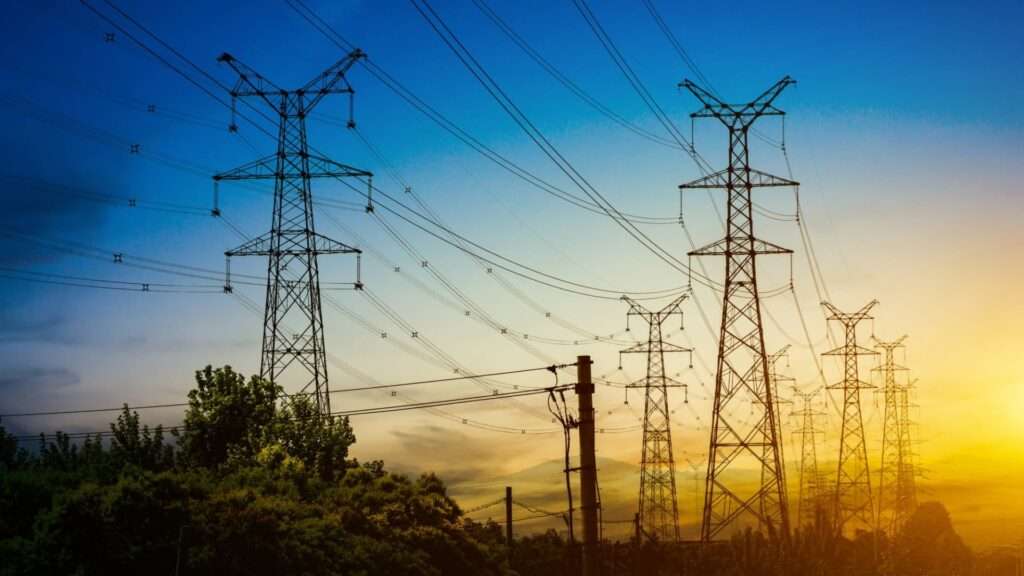The Volta River Authority (VRA) has voiced concerns about the demands made by Independent Power Producers (IPPs) for an increase in their monthly payments under the Cash Waterfall Mechanism (CWM).
The IPPs are requesting an increment from $45 million to $59 million, a move that the VRA believes could have severe financial consequences for the country’s public power entities if approved.
During an interview, the National Treasurer of the VRA Senior Staff Association, Jerry Nelson Nettey, outlined the potential negative impact on the VRA, GRIDCo, and the Bui Power Authority if these demands are met.
Mr. Nettey stressed that the primary issue stems from the mismanagement of the CWM, which governs the distribution of payments among power producers in Ghana’s energy sector.
“The major challenge is the mismanagement of the Cash Waterfall Mechanism within the sector. The money that is reserved for the IPPs in the category A or Tier 1 group, we’ve cited letters that are saying that this $45 million is going to be increased or should be increased to $59.5 million.
“That in today’s foreign exchange is around 960 million Ghana cedis – and ECG does not collect that amount in a month.”
Jerry Nelson Nettey, National Treasurer of the VRA Senior Staff Association
The CWM was established to ensure that revenue collected from the sale of electricity is equitably distributed among various power producers, including both public and private entities.
However, there have been ongoing concerns about its inefficiencies, particularly regarding payment allocations and the growing financial burden on the VRA and other public utilities.
If the government approves the increase in payments requested by the IPPs, the VRA believes it will place an undue strain on the energy sector, which is already grappling with liquidity challenges.
The VRA, along with GRIDCo and the Bui Power Authority, would bear the brunt of this financial burden, further weakening their ability to manage their operations effectively.
The Public Utilities Regulatory Commission (PURC) has initiated a review of the Cash Waterfall Mechanism to address the inefficiencies and challenges associated with payment allocations. The review aims to create a more transparent and effective system that can support the financial viability of both the public and private entities involved in Ghana’s energy sector.
While the PURC’s review is a step in the right direction, Mr. Nettey emphasized that immediate attention is needed to prevent further damage to the VRA’s financial standing.
Mr. Nettey warned that without urgent reforms, the public power utilities would continue to face severe liquidity problems, jeopardizing the stability of Ghana’s power supply.
VRA’s Financial Struggles and Reliance on NEDCo

According to Mr. Nettey, the VRA is already struggling to stay afloat due to persistent liquidity issues. One of the few sources of relief for the authority comes from NEDCo (Northern Electricity Distribution Company), a subsidiary of VRA that supplies electricity from the Brong Ahafo region to the northern parts of Ghana.
“The situation is dire, and we cannot continue to rely solely on NEDCo’s contributions. The government and relevant stakeholders need to act swiftly to resolve the issues within the CWM, or the entire sector could collapse.”
Jerry Nelson Nettey, National Treasurer of the VRA Senior Staff Association
In addition to the issues surrounding the CWM, Mr. Nettey addressed the topic of power exports during the media interaction. He acknowledged that the VRA engages in some exports, although President Akufo-Addo had requested a reduction in these activities to prioritize domestic energy needs.
“There is some conversation too in there where we know independent power producers who are also interested in the export market. But I always ask why did the IPPs come into being? Why did they come to Ghana?
“They came to Ghana to help the energy sector. So how come they want to stay in Ghana and sell to some other people outside the country?”
Jerry Nelson Nettey, National Treasurer of the VRA Senior Staff Association
Mr. Nettey’s comments highlighted a growing concern about the role of IPPs in Ghana’s energy sector.
The energy sector’s financial health is critical to the overall economic stability of the country, and resolving the ongoing challenges will require collaboration, transparency, and swift action from all stakeholders involved.
READ ALSO: GSE Loses Momentum As MTN Ghana’s Stock Takes a Hit























